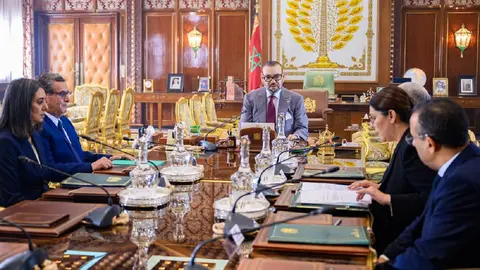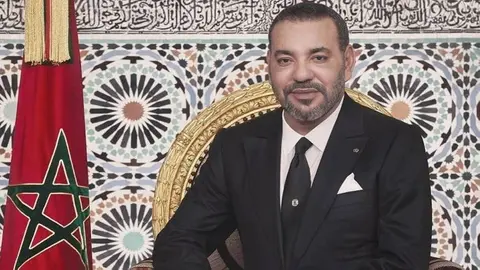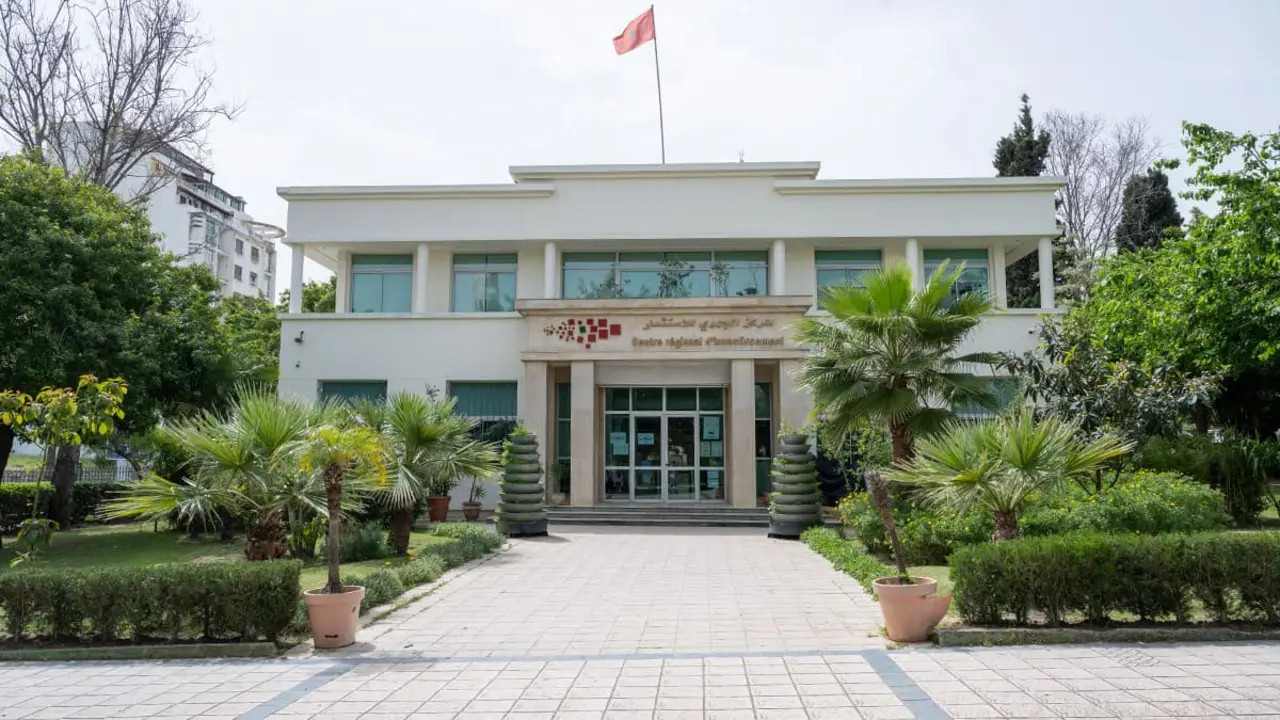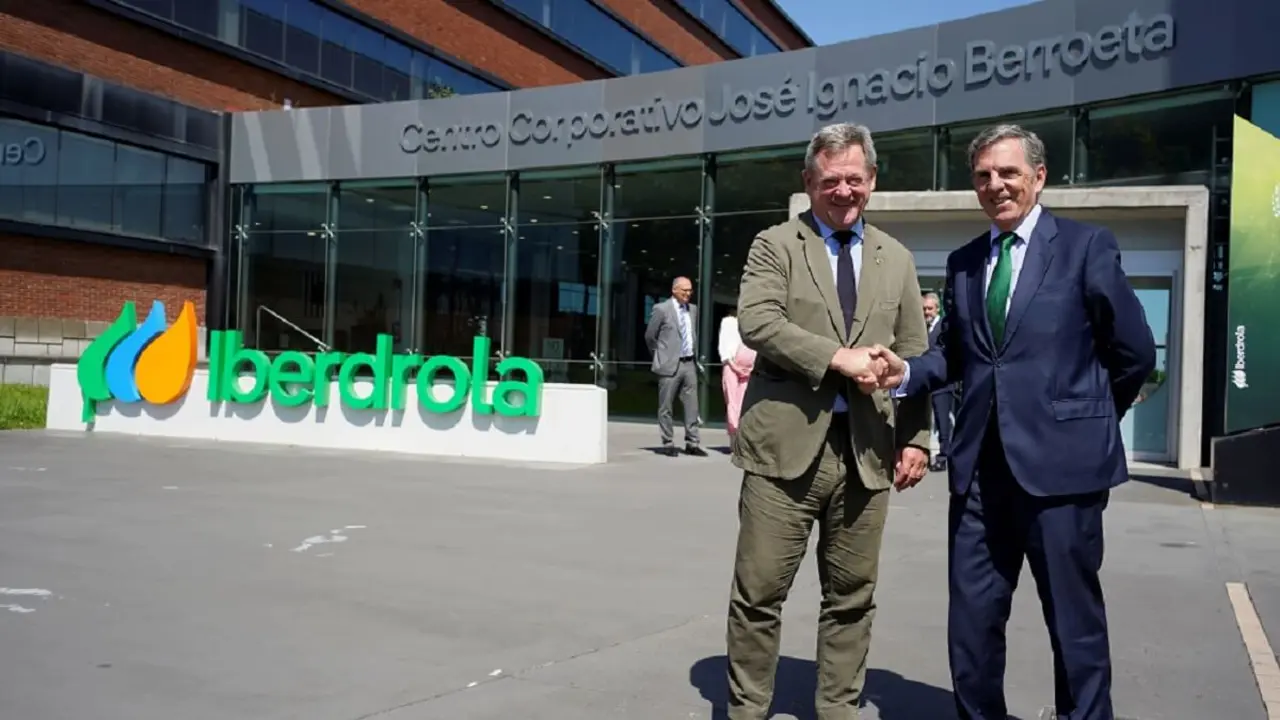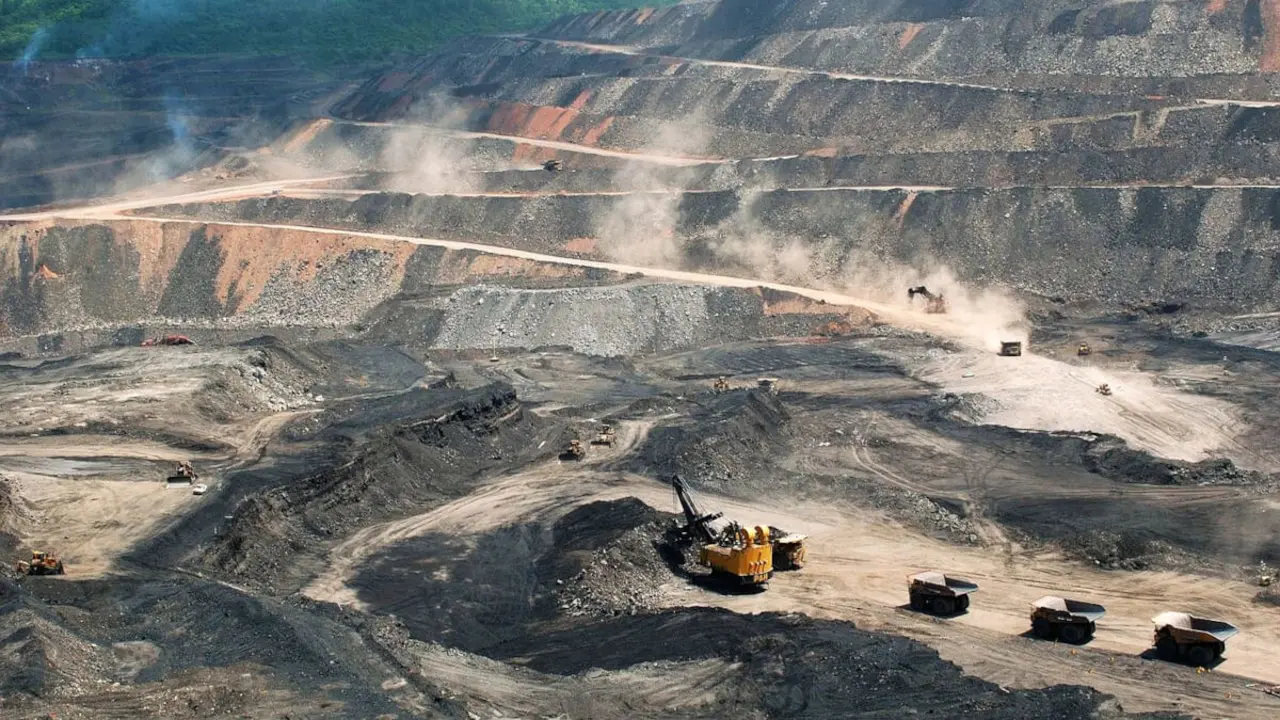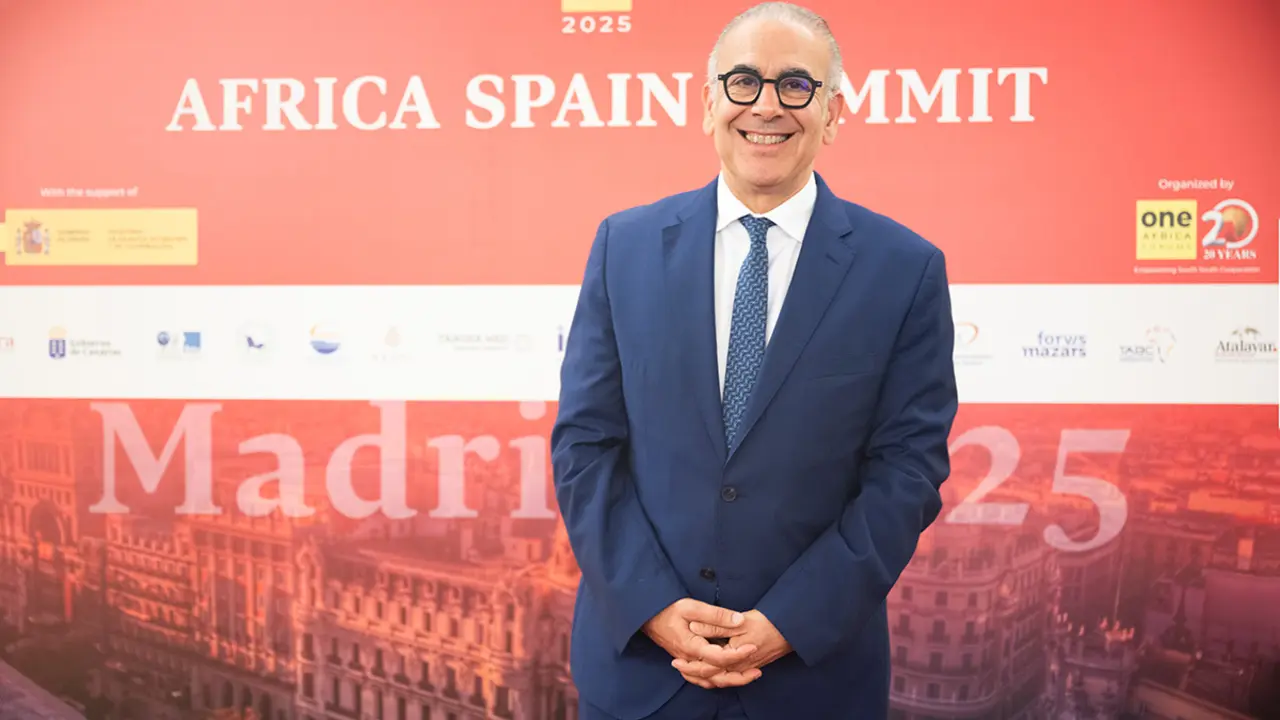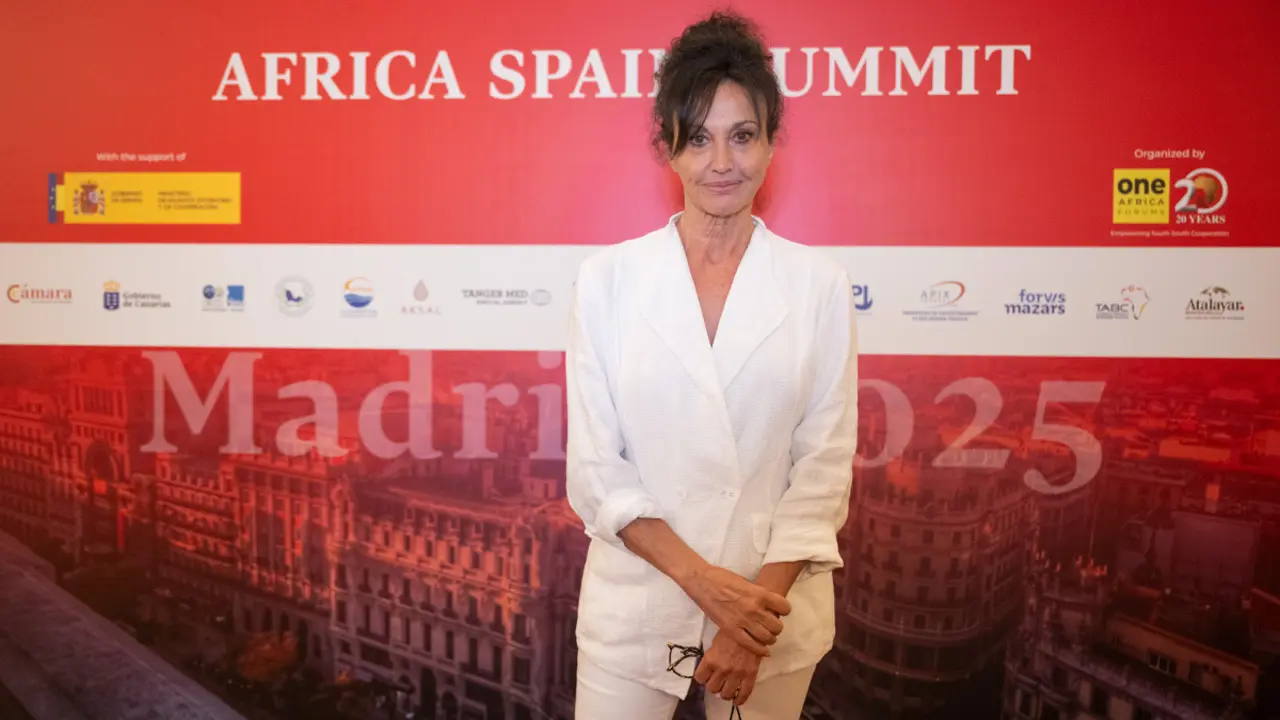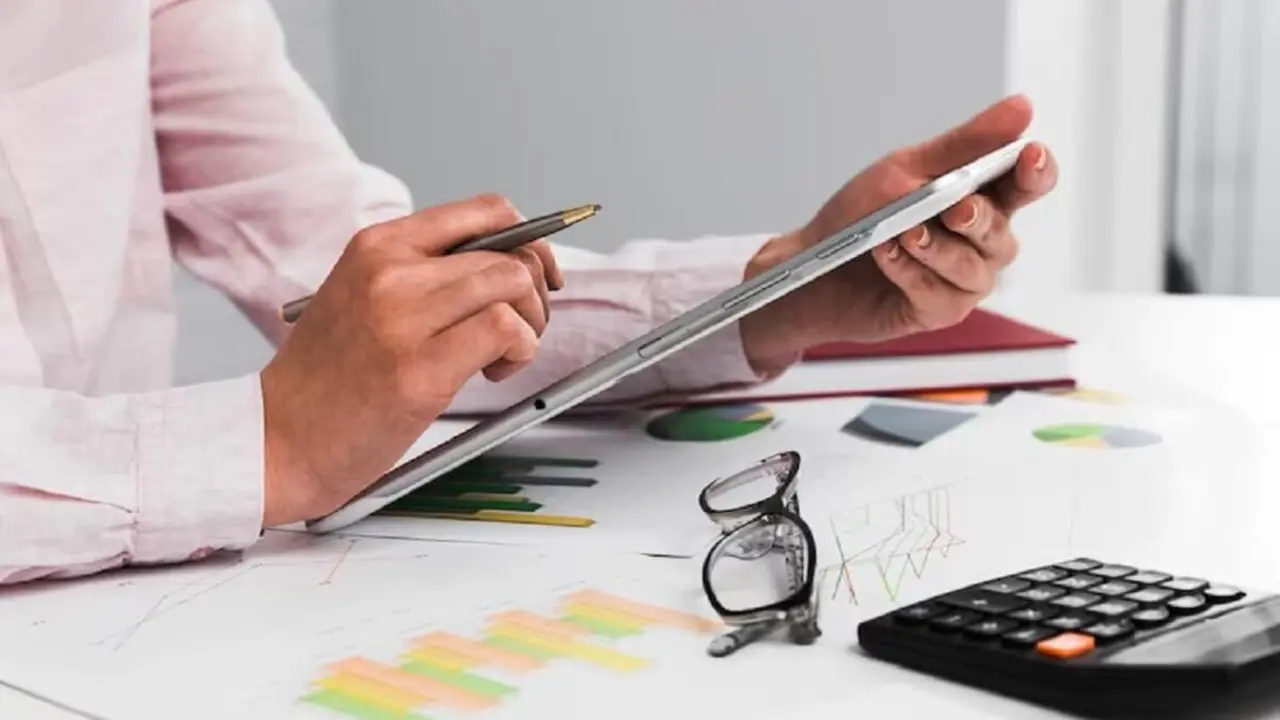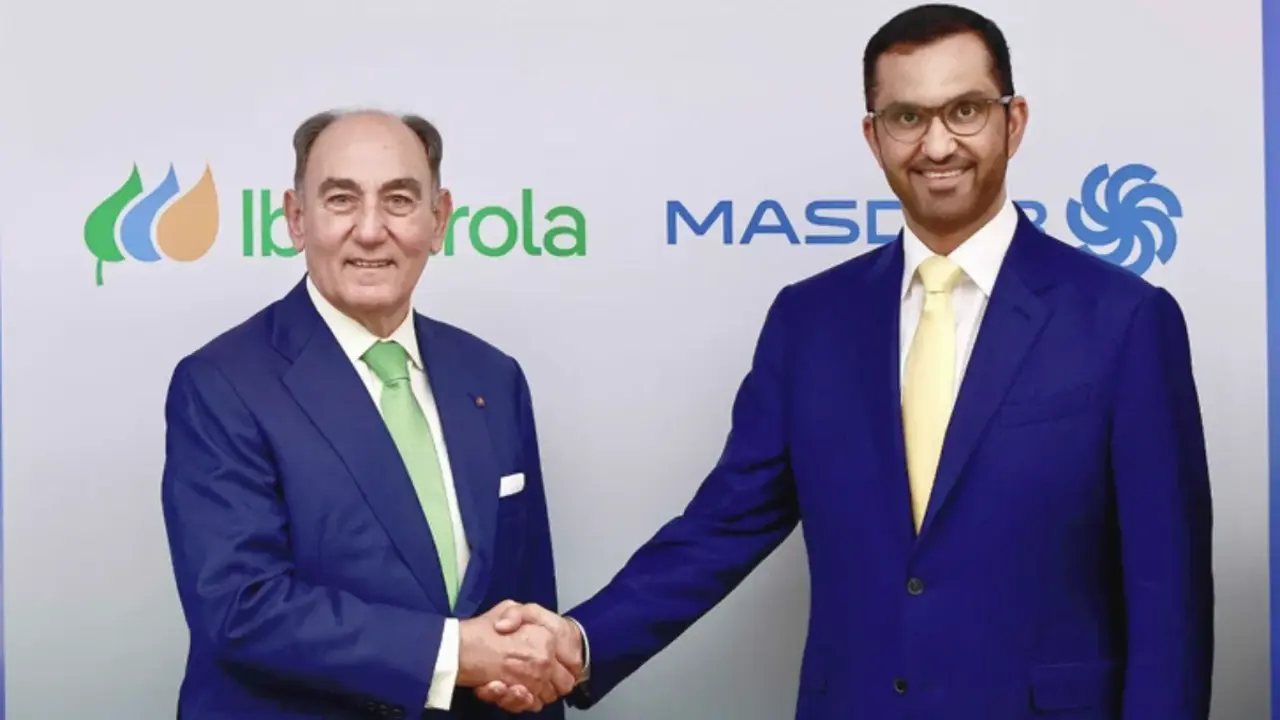Morocco and African Development Bank team up to improve access to health, social coverage and earthquake assistance

Morocco and the African Development Bank (AfDB) initialled in Rabat three financing agreements worth more than 2.9 billion dirhams (266 million euros) for inclusive access to health infrastructures, the generalisation of social coverage and emergency assistance following the terrible earthquake that struck the North African country on 8 September, which hit several enclaves such as Al-Haouz, Taroudant, Chichaoua, Marrakech, Ouarzazate, Casablanca and the High Atlas region in general.
The three agreements were sealed in the Rabat capital by Fouzi Lekjaa, Minister Delegate to the Minister of Economy and Finance in charge of the Budget, Achraf Tarsim, AfDB representative in Morocco, Younes Sekkouri, Moroccan Minister of Economic Inclusion, Small Business, Employment and Skills, and Khalid Ait Taleb, Moroccan Minister of Health and Social Protection, as reported by the official Moroccan news agency MAP.
The first agreement worth 1.3 billion dirhams (120 million euros) is to finance the Programme to Support Inclusive Access to Health Infrastructure (PAAIIS), which aims to contribute to improving access to quality health services.

The second agreement concerns the financing of the Programme to Support the Generalisation of Social Coverage for Improved Employability (PAGSC-II), which is worth 1.6 billion dirhams (149 million euros). The objective of this programme is to help strengthen reforms of the social protection system in Morocco, to better integrate the informal sector, create employment opportunities and reinforce social inclusion.
The third agreement covers the financing of emergency assistance for the earthquake, amounting to 10.35 million dirhams (1 million euros).
This aid demonstrates the African Development Bank's great solidarity with Morocco to improve access to services and social coverage for Moroccans, especially in the wake of the terrible earthquake that left thousands dead and injured and destroyed tens of thousands of homes, which were partially or completely demolished.

Fouzi Lekjaa highlighted the good collaboration between Morocco and the AfDB, stressing the "valuable and constant" support of the African Development Bank for the Moroccan kingdom, particularly in the implementation of structural reforms in various fields.
Meanwhile, Achraf Tarsim highlighted these agreements, which will be used to finance the extension of social security coverage and the development of health infrastructures, and the great relationship between Morocco and the African Development Bank. "These initiatives, actions and projects reflect the strong and historic relationship that the Kingdom of Morocco and the AfDB have maintained for more than half a century. An exemplary partnership on the continent that has a bright future ahead of it," said Tarsim.
For his part, Khaled Ait Taleb stressed the importance of the agreements sealed in terms of improving health infrastructures and the access of Moroccans to national health services.

Meanwhile, Younes Sekkouri stressed the importance of this partnership with the AfDB, noting that it crowns Morocco's achievements in several areas, especially in terms of improving employability.
In this way, Morocco continues on the path of great international diplomatic positioning and cooperation with major international financial institutions that are giving their full support to the Moroccan kingdom in its national development plans in various sectors, all framed in the project of King Mohammed VI for the evolution of the country in various fields such as economic, financial and social. Proof of this was also the important event held in Marrakech, the city that hosted the Annual Assemblies of the World Bank and the International Monetary Fund. A conclave that showed how quickly the North African country has recovered from the severe earthquake that seriously affected the city of Marrakech itself.

